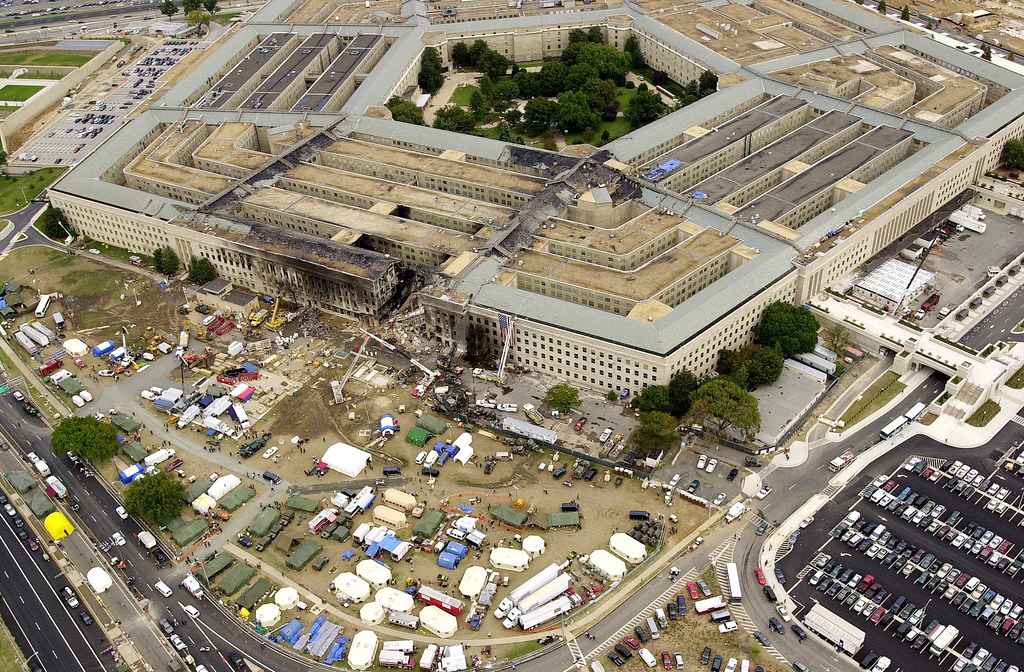Key Takeaways
- Defense Secretary Pete Hegseth pushed a top aide to back his wife’s role in secret Pentagon meetings.
- His wife, Jennifer Hegseth, helped shape communications strategy and reportedly backed removing NBC’s Courtney Kube.
- Hegseth aimed to limit reporter access to areas near his office, rotating press workspaces and cutting NBC News first.
- Former Pentagon spokesman John Ullyot called this poor judgment and a potential national security risk.
Defense Secretary Pete Hegseth recently sparked a stir by involving his wife in high-level discussions at the Pentagon. He asked his senior aide to publicly support Jennifer Hegseth’s attendance at closed-door meetings. That aide, John Ullyot, later admitted he never agreed with the plan.
First, Hegseth sought to remove NBC News reporter Courtney Kube from covering the Pentagon. Then his wife, Jennifer, reportedly backed that move. Ullyot said he found the idea “strange and inappropriate.” Yet, Hegseth pressed him to announce public support for Jennifer Hegseth’s new role.
Hegseth also told Ullyot to defend his wife when people questioned her presence in sensitive discussions. Ullyot, a former National Security Council spokesman, did so under orders. However, he now warns the arrangement could risk national security.
Unusual Role for a Defense Secretary’s Spouse
It’s rare for a defense secretary’s spouse to join private Pentagon meetings. Usually, only senior officers and top civilian leaders attend. Yet, Jennifer Hegseth sat in on key strategy sessions. Critics worry she lacked proper clearance and training for those talks.
Moreover, she allegedly helped decide which reporters could enter military areas. She has denied wanting to remove any reporter’s credentials. Still, her involvement raised eyebrows. In fact, it’s hard to find any past case of a defense secretary asking staff to support his spouse’s official role.
Jennifer Hegseth insists she only offered informal advice. She says she never aimed to block reporters. Despite her statement, many see her presence as a conflict of interest.
Pentagon Access and Press Workspaces
Hegseth grew upset that reporters could walk unescorted through halls near his office. He feared they might tap his phone or overhear classified talks. As a result, he and his team reshuffled press offices. They kicked out some outlets and invited new ones in.
NBC News lost its dedicated space in the first wave. Other outlets faced similar cuts later. Reporters complained the shuffle hurt Pentagon access. They said it made planning coverage harder and slowed interviews.
Meanwhile, other reporters moved into the freed spaces. Pentagon officials claimed the changes gave equal access. Yet, critics say it looked like punishment for outlets Hegseth disliked.
Reactions and National Security Concerns
John Ullyot spoke out about the episode after leaving his Pentagon role. He called the forced backing of Jennifer Hegseth “poor judgment.” He warned that letting a spouse join classified talks could breach security rules.
Ullyot also noted that he publicly defended Jennifer’s presence under orders. Privately, he thought it was wrong. He says President Trump deserves better leadership at the Defense Department.
Other Pentagon veterans agreed. They worry that mixing family with official duties could blur lines. They fear foreign spies or hackers might exploit such gaps.
Impact on Press Freedom and Transparency
Press groups say open Pentagon access ensures public trust. When reporters roam unescorted, they can verify information firsthand. The new rotation plan, however, disrupted that routine. Some journalists must now request special escorts.
This extra step could delay coverage. It might also discourage quick on-the-spot reporting. Transparency advocates argue these hurdles undermine accountability. They worry about fewer stories on real security challenges.
On the other hand, Hegseth’s supporters claim tighter control prevents leaks. They say some media outlets unfairly target the Pentagon. Yet, most experts agree that balanced access serves both security and public interest.
Looking Ahead: Pentagon Access Rules
Pentagon leaders face pressure to clarify access rules. Some suggest a written policy on who may attend closed meetings. Others recommend clear visitor lists for security reasons.
In the short term, the press rotation plan remains in place. Journalists expect new guidelines on when and where they can report. Meanwhile, the Pentagon reviews whether spouses can sit in on private talks.
Ultimately, policymakers must balance safety with an open press. They need rules that protect secrets without silencing watchdogs. How they adjust those rules will shape future Pentagon access.
FAQs
Why was Jennifer Hegseth at secret Pentagon meetings?
Defense Secretary Pete Hegseth asked his staff to include his wife, Jennifer, in private strategy talks. He claimed she could help with communications, though her official role remains unclear.
Did Jennifer Hegseth try to remove reporter Courtney Kube?
Reports say Jennifer backed her husband’s effort to strip NBC’s Courtney Kube of Pentagon Press Association credentials. Jennifer denies seeking to block any reporters.
What is the Pentagon press rotation plan?
To limit unescorted wandering, Hegseth’s team rotated press offices. They removed some outlets, like NBC News, and invited others to occupy those spaces.
Could this shake-up affect national security?
Critics argue that letting a spouse into classified meetings risks leaks. They also warn that limiting press access could reduce transparency at the Pentagon.
